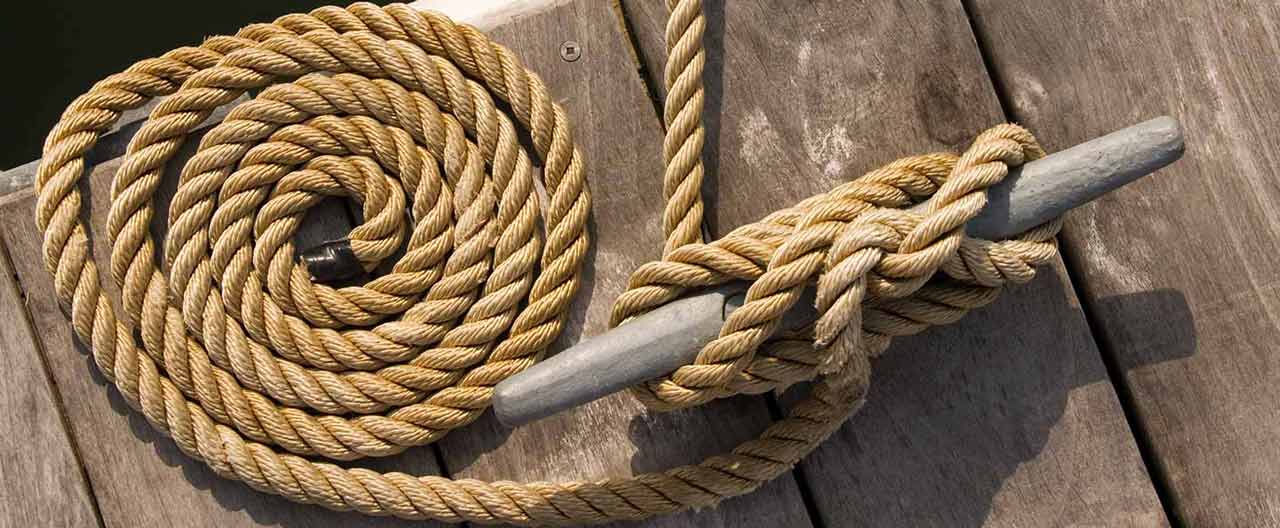- Individuals & Families
- Businesses
- Agents & Brokers
- Embedded Insurance

Chubb ranked #1 for Customer Satisfaction with the Home Insurance Claims Experience

Chubb ranked #1 for Customer Satisfaction with the Home Insurance Claims Experience

Chubb ranked #1 for Customer Satisfaction with the Home Insurance Claims Experience

Chubb ranked #1 for Customer Satisfaction with the Home Insurance Claims Experience

Because pets are family, Chubb now offers pet insurance with top-rated coverage from Healthy Paws.

Chubb offers the insurance protection you need for travel’s many “what ifs”.

Chubb protects small businesses at every stage – from newly formed start-ups to long-time anchors of the community.

Stay ahead of cyber threats with our free Cyber Claims Landscape Report.

Learn more about our dedicated learning paths, Online Learning Center, and more.

Many digital-savvy consumers look for it as a core or add-on option.

Many digital-savvy consumers look for it as a core or add-on option.

Many digital-savvy consumers look for it as a core or add-on option.

Chubb’s in-house technology makes it easy to integrate what we do into your customer experience.
-
About
-
Claims
-
Login & Pay Bill
For Agents & BrokersFor Travel Advisors
-
Back
Just like parking a car can cause stress for some, so can docking a boat, especially if you’re a new boater or purchased a new boat. But close quarters don’t have to mean scratches and scrapes on your boat. Take a look at these tips to help you keep your boat in good condition when you pull in and out of the dock.
As you approach the dock:
- Use your VHF ratio to get mooring directions from the dockmaster before you approach the dock.
- Identify the wind and current directions and understand how they will affect your boat’s positioning as they can push you faster than you expected or help you dock slowly and easily.
- Have a backup plan in the event your first approach needs to be aborted.
- If possible, approach the dock against the current, which will give you more control over the boat’s motion.
- Ensure thrusters and/or joystick piloting controls are on and ready for use. Try testing them prior to entering the marina.
- Approach the dock with a plan, communicate it to those onboard, and clearly delegate any tasks you would like them to perform. Assign these tasks – like who will handle each line – and the order in which you want them done well in advance. Ensure your crew can hear you from where you will be giving commands.
- Take it slow and steady. That way, if you accidently hit the dock, you’ll do so gently.
- Make sure your passengers understand that arms and legs can get pinched between the boat and dock – so they should keep them inside the boat while docking. If your boat is coming in faster than planned, use the fenders – not your passenger’s hands – to protect your boat.
- Keep all passengers in the boat until the docking is complete and the boat is secure. Jumping out of the boat before it’s secure can cause the boat to turn abruptly and you may miss your docking spot.
Once you’ve docked your boat:
1. Use bow, stern, and spring lines to tie your boat to the dock and make sure they are protected from chafing. Using fenders will help keep your boat from getting scratched or damaged. If you have snubbers, make sure they are in place as well.
2. Allow the engine to cool down for at least five minutes.
3. Pump the holding tank and add tank treatment to keep it in good shape.
4. Make sure your automatic bilge pump, alarms, and clocks are on, and equipment such as running lights, VHF, and stereo are off. You won’t want to come back next time and find you have no battery left.
5. Connect the shore power cable, ensure it is clearly led above the water, and has enough slack to allow the boat to move in its slip. Protect it from chafing. Turn your battery charger on.
6. Confirm that your logbook has been filled out, signed, and dated.
7. Flush your outboard motors with freshwater.
8. Close any opened thru-hull seacocks or ball valves.
9. Take one final sweep to ensure everything is secure, hatches are closed, and sails/canvas are properly furled. For sailing vessels, ensure the jib/genoa is fully furled with at least two complete wraps of the sheet around the headstay.
Following these simple steps will help ensure you, your passengers, and your boat return to dock safely and unharmed after a great day out on the water. Operating a boat safely is a skill, so practicing docking will help to make your future trip’s end an enjoyable one.
Insights and expertise


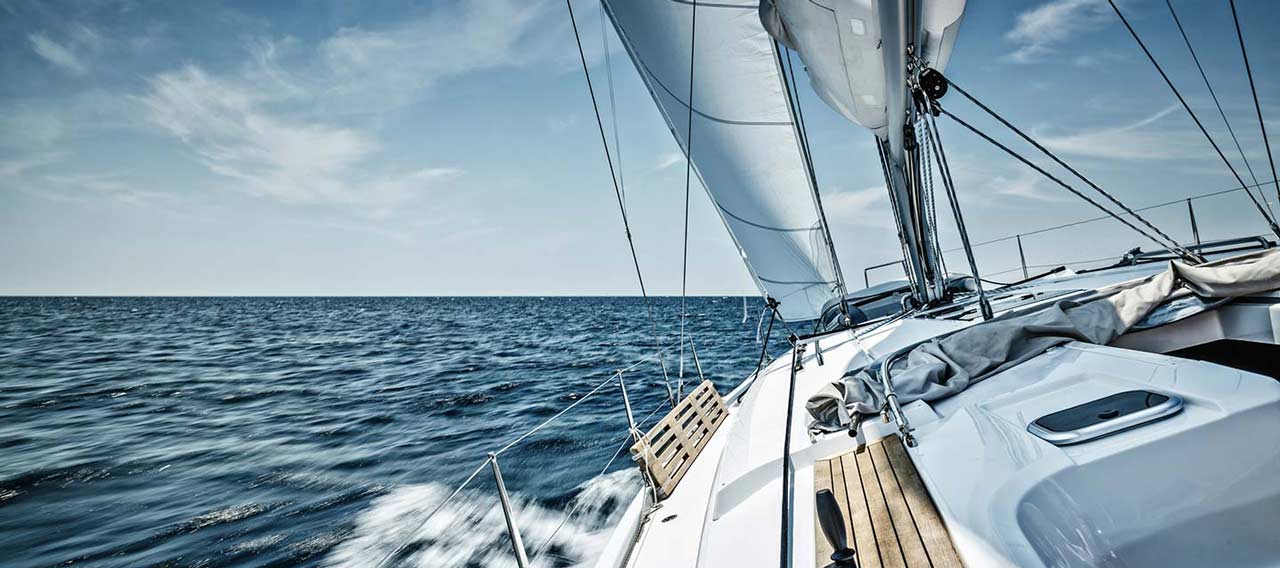
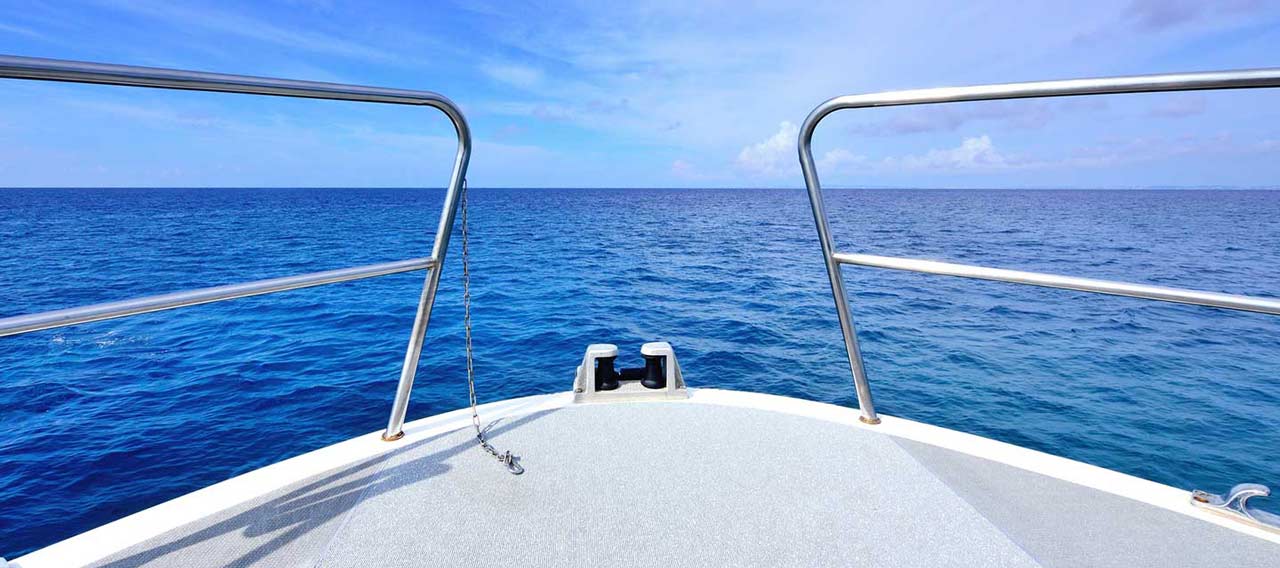

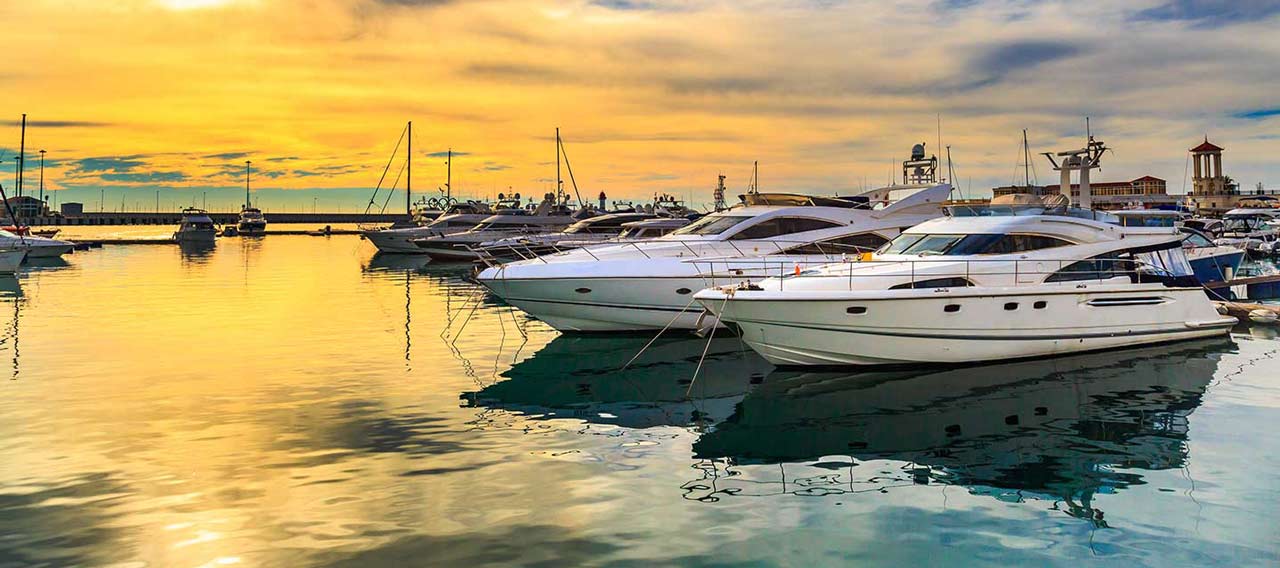
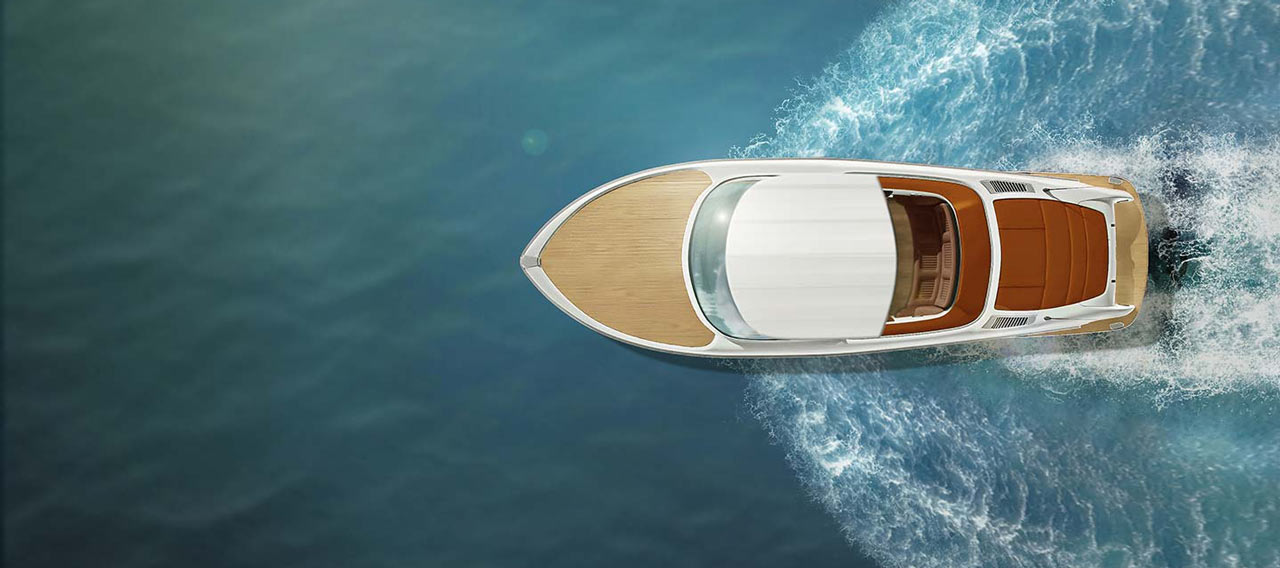
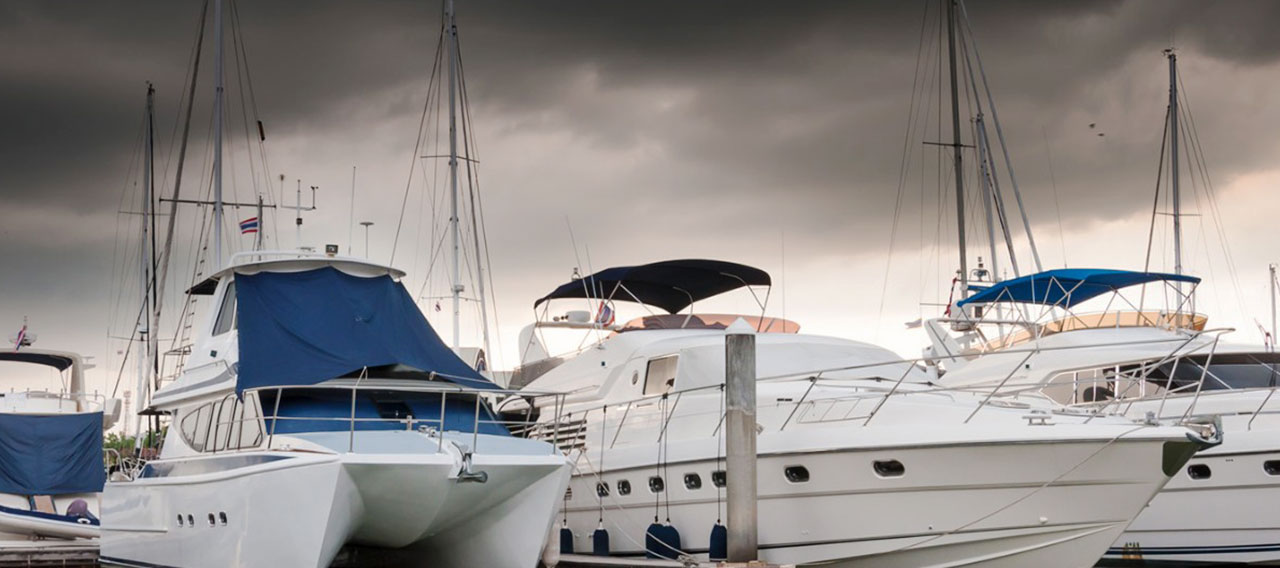
Get a personal insurance quote
Work with an independent agent to get personalized insurance solutions.
This document is advisory in nature and is offered as a resource to be used together with your professional insurance advisors in maintaining a loss prevention program. It is an overview only, and is not intended as a substitute for consultation with your insurance broker, or for legal, engineering or other professional advice.
Chubb is the marketing name used to refer to subsidiaries of Chubb Limited providing insurance and related services. For a list of these subsidiaries, please visit our website at www.chubb.com. Insurance provided by ACE American Insurance Company and its U.S. based Chubb underwriting company affiliates. All products may not be available in all states. This communication contains product summaries only. Coverage is subject to the language of the policies as actually issued. Surplus lines insurance sold only through licensed surplus lines producers. Chubb, 202 Hall's Mill Road, Whitehouse Station, NJ 08889-1600.


